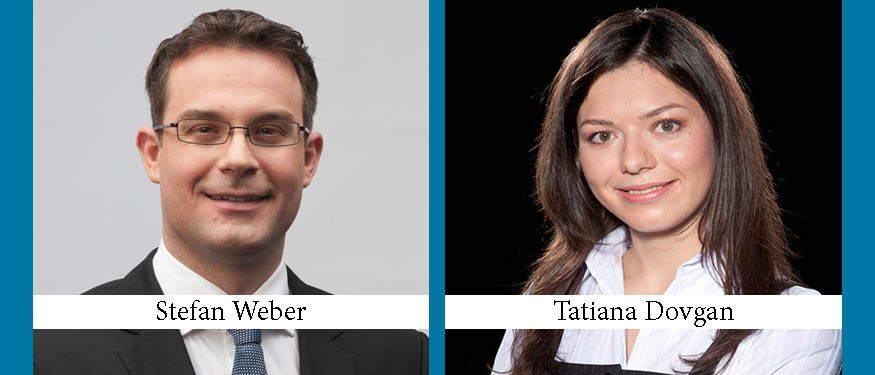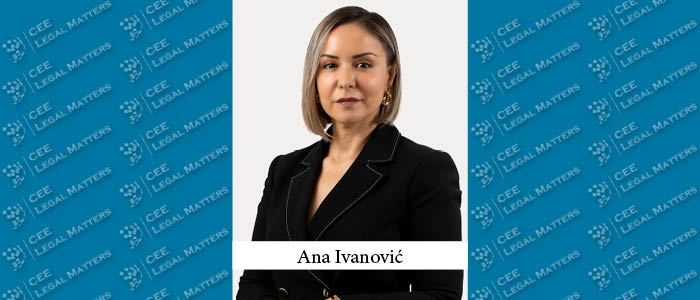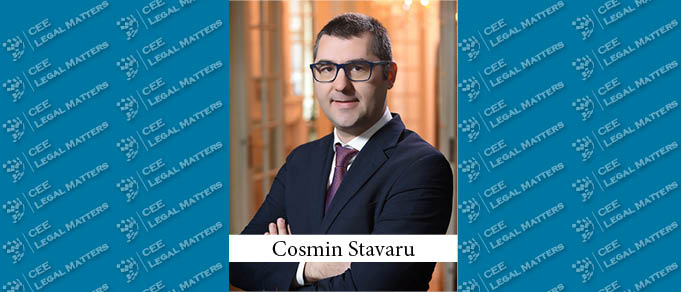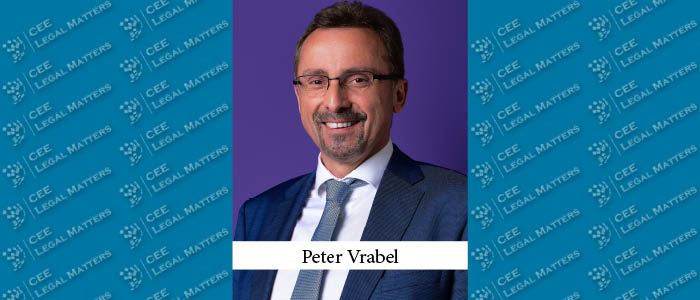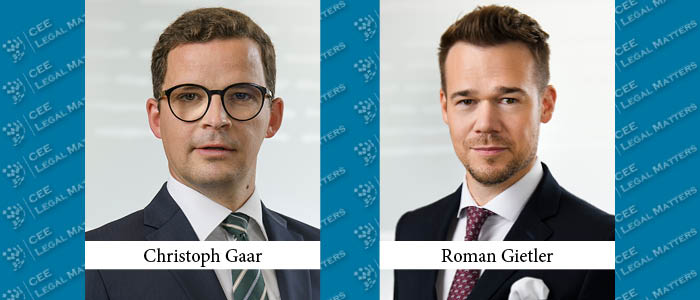In 2015-2016, we saw the Russian antitrust authority (the Federal Antimonopoly Service, or FAS) paying particular attention to the IT, software, and pharmaceutical markets.
A remarkable example of this involved Google. In 2015, the FAS initiated a case of abuse of dominant market position against Google, which had offered pre-loaded apps for installation on mobile devices controlled by Android OS. Abuse of a dominant position in various forms is prohibited by Article 10 of Russia’s Federal Law On Protection of Competition. The FAS found that Google offered its Google Play Store to mobile devices manufacturers only if they agreed to pre-load other Google apps and the Google search engine and place them in a priority position on the device screen. As a result, the manufacturers of mobile devices refused to pre-load competing apps and services offered by other vendors onto mobile devices. The FAS investigation was initiated following a claim filed by Yandex, Google’s main competitor in search services, which reported that three manufacturers of mobile devices had refused to pre-load its search engine onto their devices due to agreements with Google.
In 2015, the court of first instance confirmed Google’s violation. In 2016, Google sought to have the decision of the court of first instance overturned at two higher instances, but both appeals were unsuccessful. The FAS issued a fine for Google in the amount of RUB 438 million (USD 6.7 million) – an enormous fine for Russia. More critical for Google, however, was the FAS’s request that all contracts with vendors of mobile devices be amended to remove restraints connected with access to Google Play Store and to allow free pre-loading of competing apps.
In August 2016, the FAS announced that it had started proceedings against another international giant, Apple. The FAS suspects Apple of coordinating the prices of iPhones sold by Russian resellers. Coordination falls under the prohibition in Article 11 Part 5 of the Federal Law On Protection of Competition. An FAS investigation showed that, since the launch of official sales of the iPhone 6s and iPhone 6s Plus in Russia in October 2015, most retailers have set and maintained identical prices for these smartphone models. In the FAS’s view such a coincidence in price can be explained by Apple coordinating the pricing policy of the resellers, who accepted “recommended” prices as mandatory. Price recommendations can often trigger antitrust concerns, in particular where resellers actually keep to the recommended prices.
Another area of particular FAS attention is the pharmaceuticals market. Since the FAS tends to a narrow market definition, pharmaceutical enterprises face a risk of being accused of abusing a dominant market position for a particular medicine. A dominant company must, among other things, ensure that it does not discriminate against its distributors by refusing to enter into an agreement with a new distributor or by terminating existing contractual relations. In 2013, the FAS held that Teva had abused its dominant market position when it withdrew from a long-term agreement with its Russian distributor. Teva argued that the distributor refused to undergo anti-corruption procedures under the US FCPA, but both the FAS and the courts rejected this justification. Teva paid a fine, but, more critically, also RUB 408 million (USD 11.9 million) in damages to its counterparty. This shows how important it is for dominant companies to consider antitrust risks in their contractual relations with distributors.
One instrument for ensuring compliance with the antitrust requirements is the development of a trade policy. A trade policy must be approved by the FAS to fully ensure that it is in compliance with the FAS’s requirements. The trade policy must address, among other things, the process for selecting partners and the process of ongoing work with partners, including determination of prices, discounts, bonuses, and the reasons for and process of terminating work with partners.
Nowadays the FAS strongly encourages companies to develop trade policies, and we have already seen a number of companies making use of this opportunity. This development is in our view a positive change and an opportunity for businesses to obtain clarity on permitted contractual conditions and reduce antitrust risks.
By Stefan Weber, Partner, and Tatiana Dovgan, Associate, Noerr
This Article was originally published in Issue 3.5 of the CEE Legal Matters Magazine. If you would like to receive a hard copy of the magazine, you can subscribe here.

